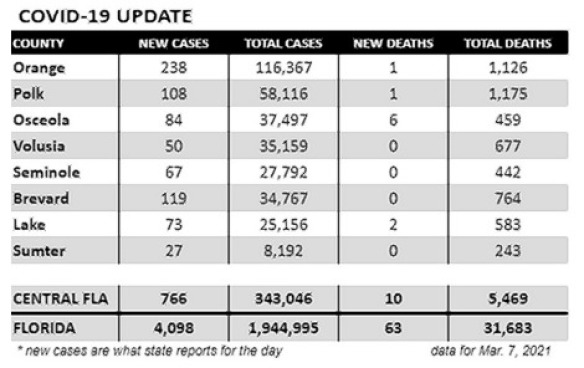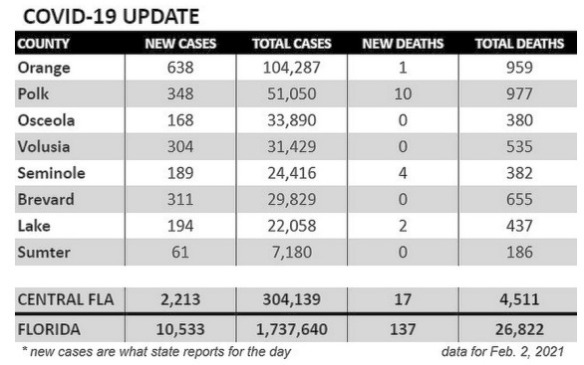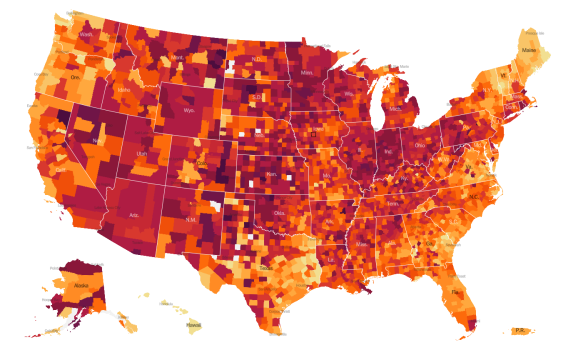
San Francisco Mayor London Breed sent an important but unintentional message last week when she was caught violating her own mask mandates while partying away, maskless, in a jam-packed jazz club.
Her excuse was incoherent; she said she was “feeling the spirit,” enjoying the music and so not thinking about a mask.
But the more serious problem wasn’t her hypocrisy and lame rationalizing so much as the mixed and misleading messages sent by the rules themselves. Americans are in dire need of guidance that’s coherent, fair, sustainable and backed by evidence. And they’re not getting it from public health authorities or the rule-makers who rely on them, even as the country slouches toward a confusing new normal with no end to Covid-19 in sight.
“We don’t need the fun police to come in and micromanage and tell us what we should or shouldn’t be doing,” Breed said when questioned. She was making a good point! But as Charles C.W. Cook wrote on Monday in National Review, she is the person who authorized the mask mandate. She is the fun police.
Continue reading






